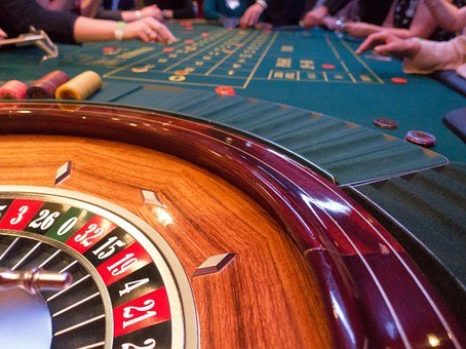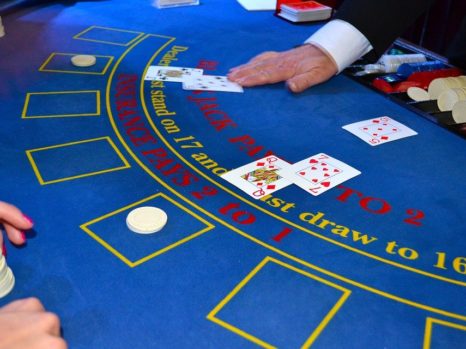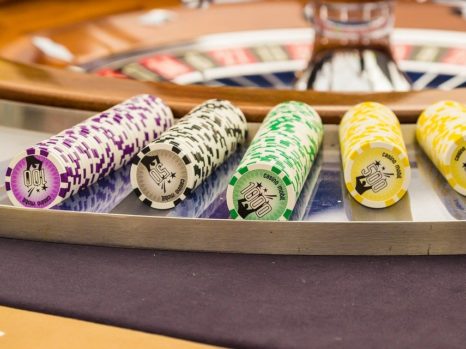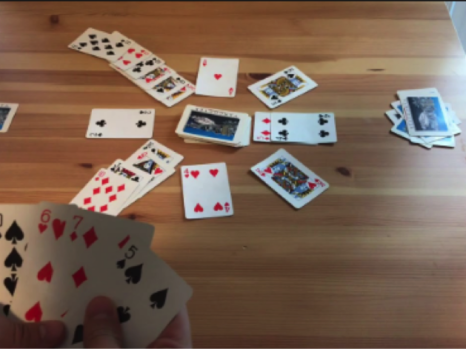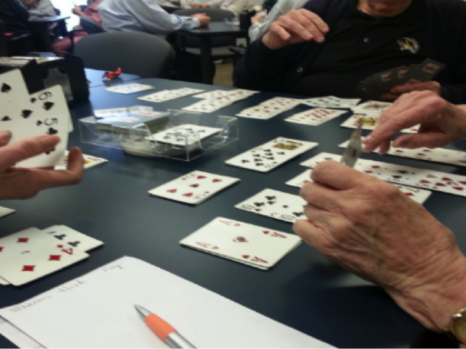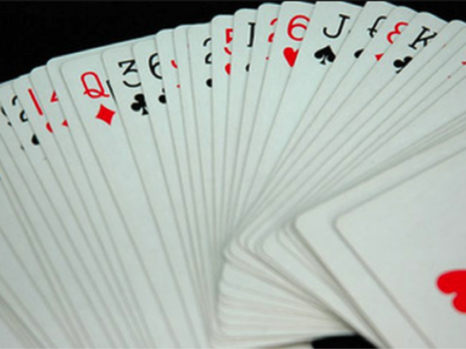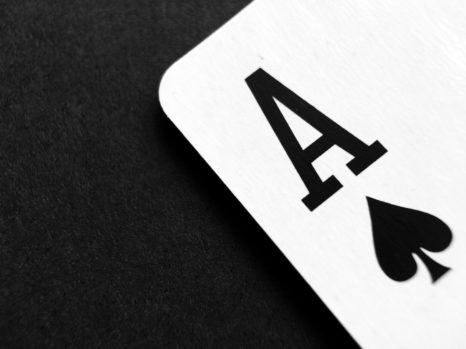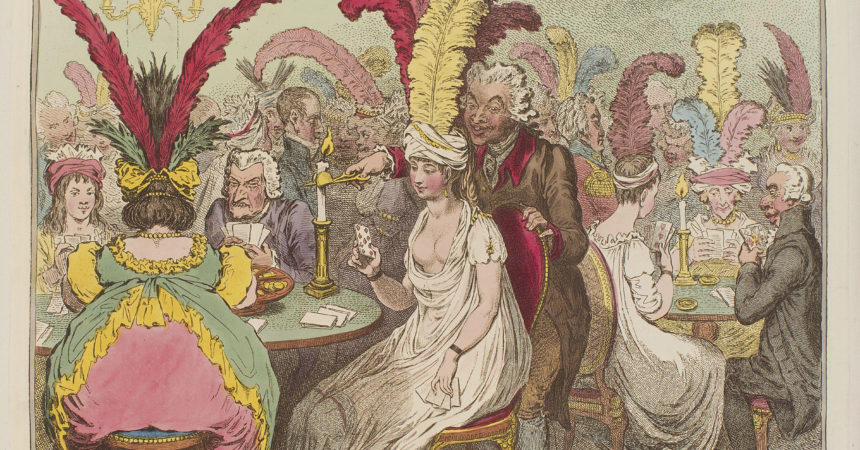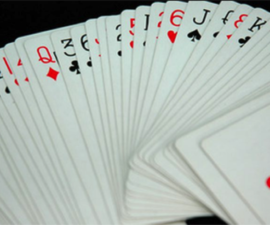We may not think in these terms nowadays, but a few centuries back, there were such things as respectable and non-respectable card games. Obviously, respectable card games were played by the gentry at any get-together and after dinner parties, whereas the masses would enjoy a quick match on the side of the road only to lose some money and do something else. Speaking of money, sums could have made the goal of the game in both cases, but values and their meaning to the players differed. We will take a look at some of the games played by the upper class and some of the games played by the lower class. Then we will compare this situation to the current importance of card games.
THE CLASS DIVIDE – WHAT MADE CERTAIN GAMES

Playing cards
SUITED FOR THE FANCY TABLES
The strictest sense of class divide in international literature comes to us from the works dating back to Victorian times. Those were times when nothing was done against etiquette and without knowing something’s rightful place. There were games people played to pass the time after dinner, games the men played for large sums of money, and games they played with even the oldest members of society. In order to be played by the high society, these games needed to meet certain specifications:
They had to be an exercise of the brain
As much as the upper class wanted to preserve its status, all card games involved a bit of a gamble and some chance. Even so, they preferred games where they had to think ahead and plan their next moves, where they had opponents and partners. Winning was important, it was related to the pride of having played a good game. Card counting, figuring out the card in the opponent’s hand, planning their next step was part whit, part chance. But they mainly liked to put winning on whit and exercise.
Games played among many individuals were a form of inclusion
Some games were inclusive and allowed for an unlimited number of players to join in, like Vingt-un, a sort of Blackjack, while others were only played in groups of four people. Yet being invited to a game, and being at the most prestigious table mattered more than the game itself.
As little gambling as possible in some houses
Leaving aside all ideas of vice and morals, some high-class people engaged in serious gambling.
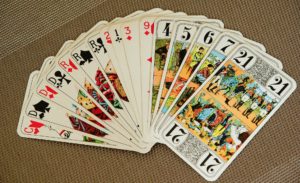
Playing cards
However, in being the moral authority of the time, they had no one there to accuse them of hypocrisy. Maybe someone like Jane Austen in any of her books, critical of the upper and middle classes. By the time we get to Agatha Christie’s novels, there is a completely different approach to card games, as they are more fitting to the fast way of life promoted in those times. After all, Poirot was an excellent card player!
Mainly because they were bored
Giving the whole issue a bit of a social context, we need to consider the lack of pastime activities for these societies. Many of these people did not have to earn their living in any way as they lived off inheritances. Traders may have been an exception, but people who made their own money were not yet welcome in these upper-class houses. Also, the habits of tradesmen differed from those of the old nobility and gentry. They would be more prone to gamble, get something out of a quick game and even waste little time in doing so.
What they saw in these games
For most participants, these games were a great way to interact with peers. However, after a dinner party, people of the same age were less likely to end up at the same table and the company would most likely be a mixed one. Even so, it was a fun way to pass the time, brag about whit and skills in playing different games and challenge others. Playing a game with partners, like bridge, made relationships deepen.
CARD GAMES FOR THE POOR – THE CHANCE AT SOME EASY MONEY
Far from the fancy tables of the rich, the poor also enjoyed a game or two. But this usually happened among gamblers and it was for petty sums. These games were improvised, played at every street corner, in public bars or near harbors. Anyone with some money to lose was welcome to join in.
Anything fast and with few rules
This was not an event in itself. Anything fast and easy to play was good. Getting the highest card, finding one card in a mix of three, having the best combination, were acceptable rules. Anything that required calculating, sitting down, and any type of longtime investment, was not for the back streets.
A cure for boredom
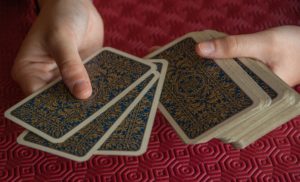
Playing cards
Even though they were less complicated and fancy, the games played by the lower class were fast and exciting. The possibility of winning anything was excitement enough, especially in a time when money was made with such difficulty.
An addiction and a vice in the eyes of the upper society
Even though the games played by the upper society also involved some form of chance and gambling, it was mainly the games of the lower class that were looked down upon and seen as a form of vice. The upper class would also win or lose money in these games, but it was only an addiction for the lower class. This is a classic example of double standard and of prejudice.
What people saw in these games
The point of view of those looking down on their games was well known for the workers, sailors, and other lower-class representatives. Even so, these games were the little entertainment they had access to in an otherwise very dreary life. If they also happened to lose money in them, it only meant sinking a bit deeper in debt than they would normally be. Their preference for simple and quick games was indicative of the fact that they did not have the time or the mindset to play any complicated games.


